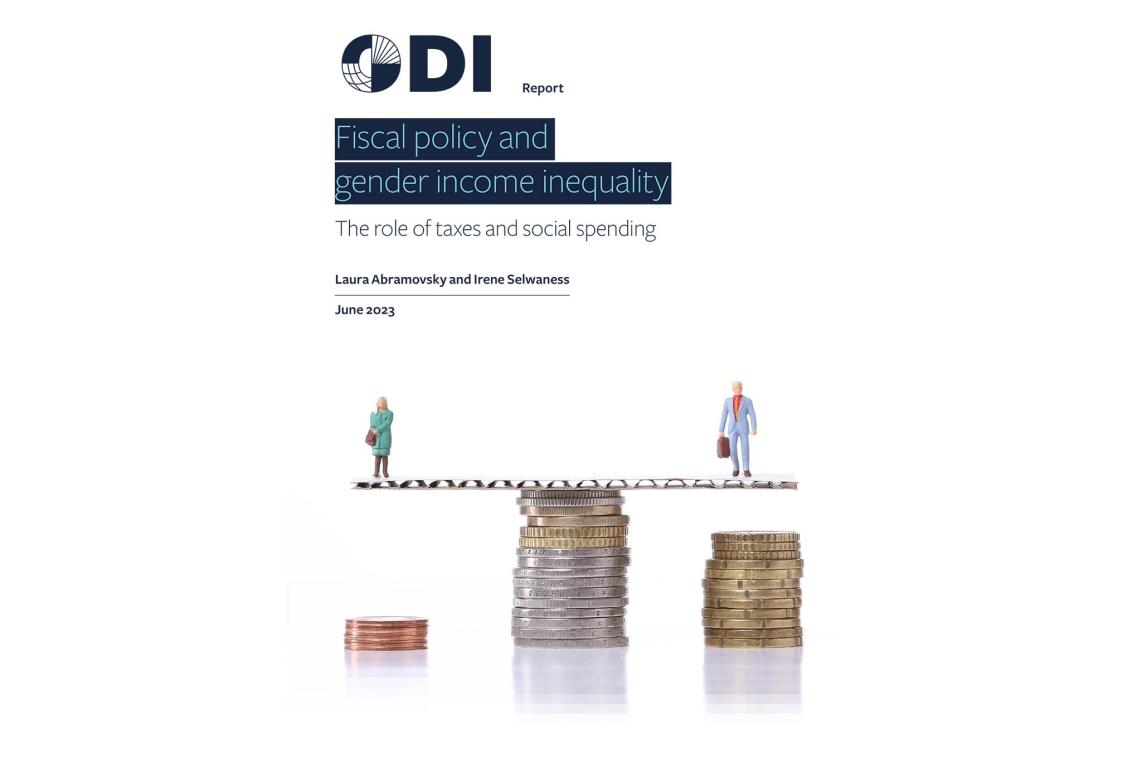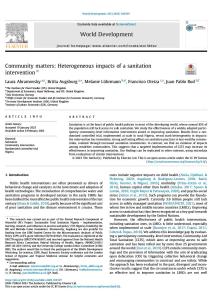Event
20 April 2021 at 02:00
<p>Please see above for details on how to watch this event online.</p>
Sanitation gaps are a global problem that continue to affect large segments of developing Asia and the Pacific, despite the considerable progress of efforts to address it in recent decades. The COVID-19 crisis has further increased the importance of improving inclusive sanitation access and the lives of targeted users, especially across poor areas and vulnerable groups.







































